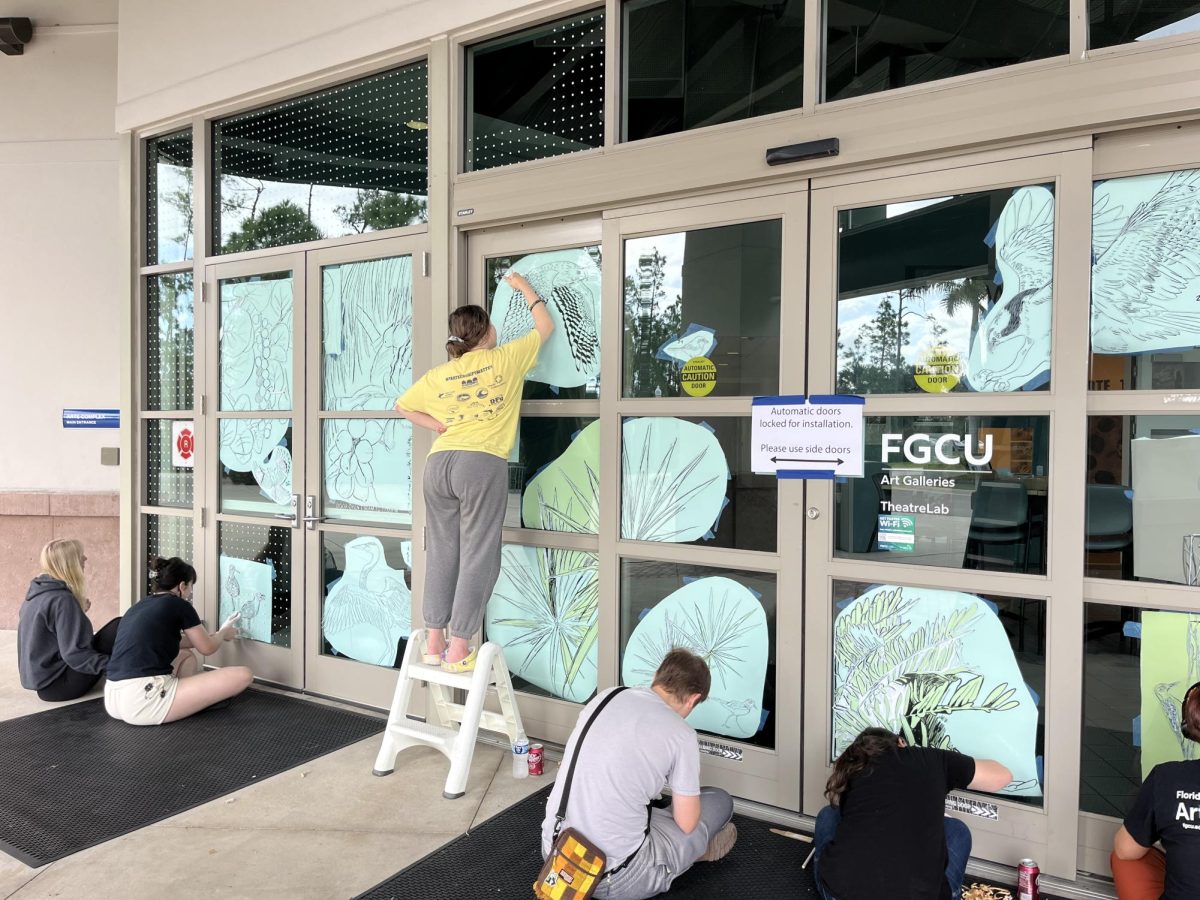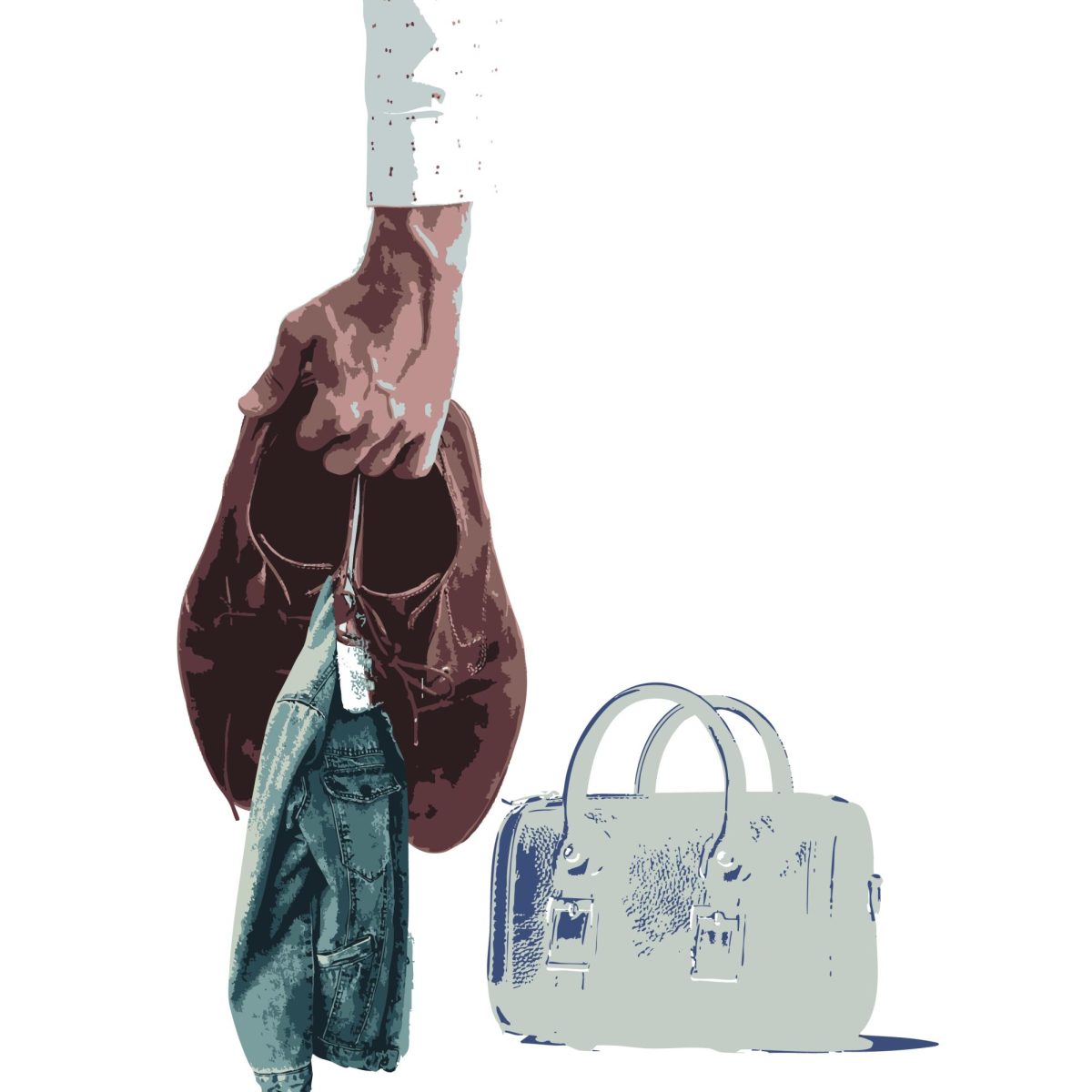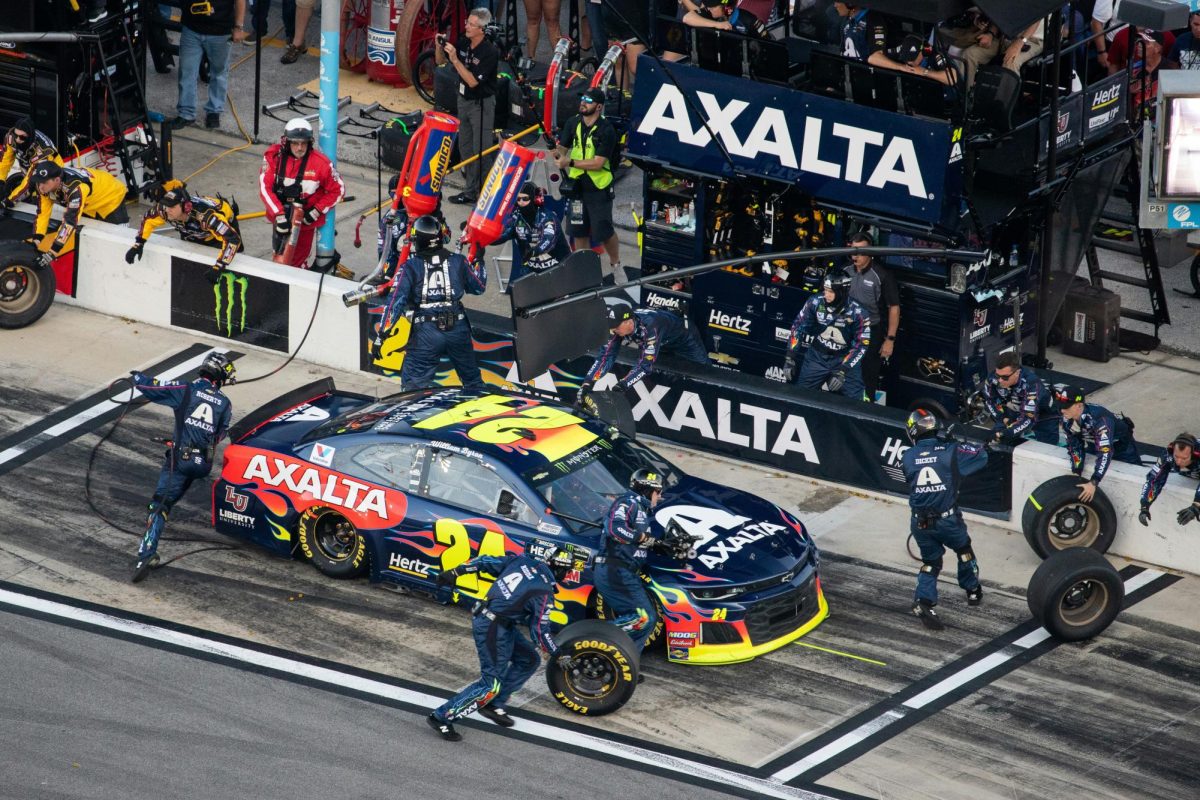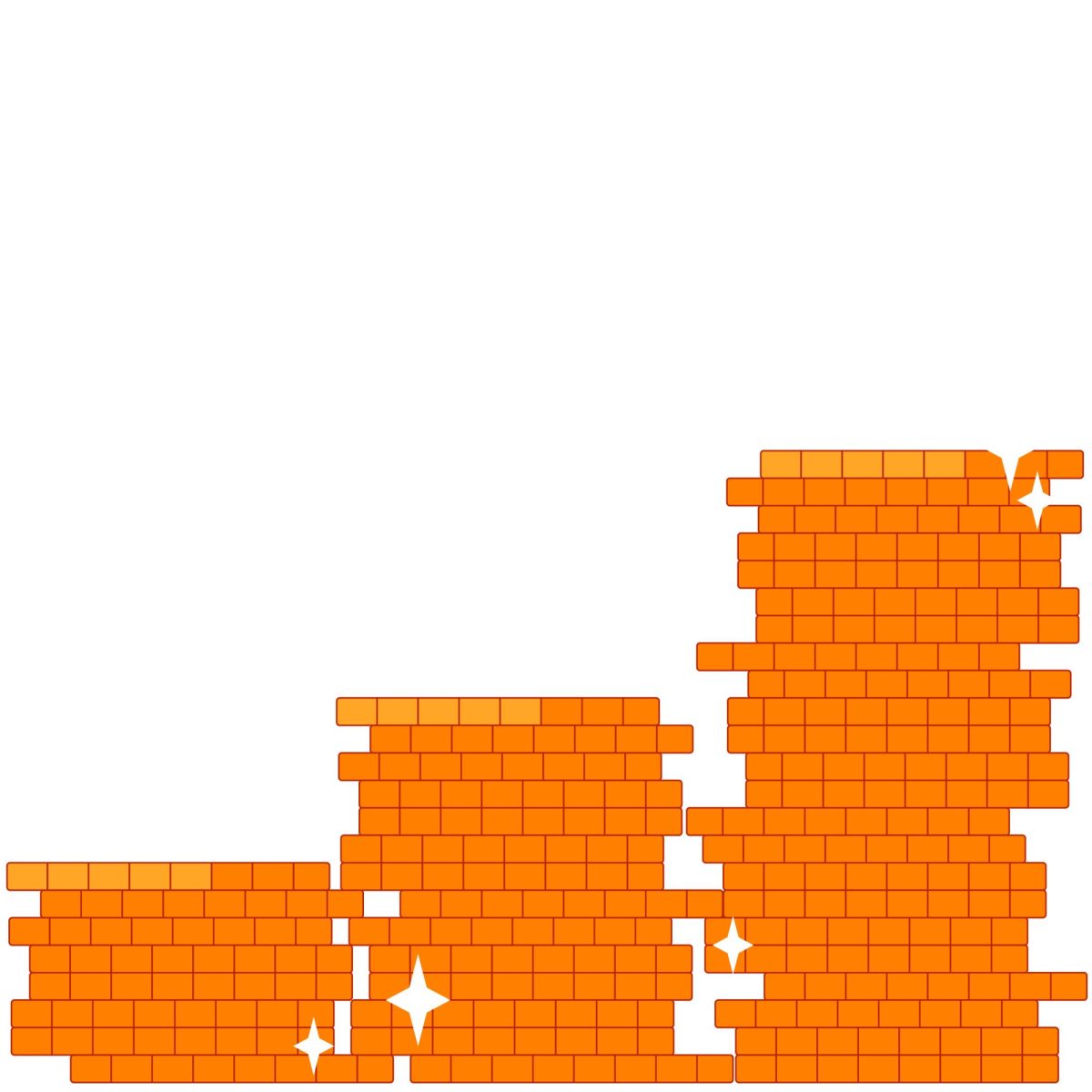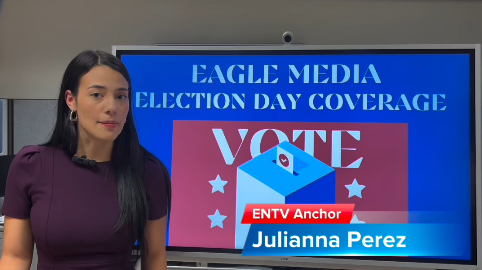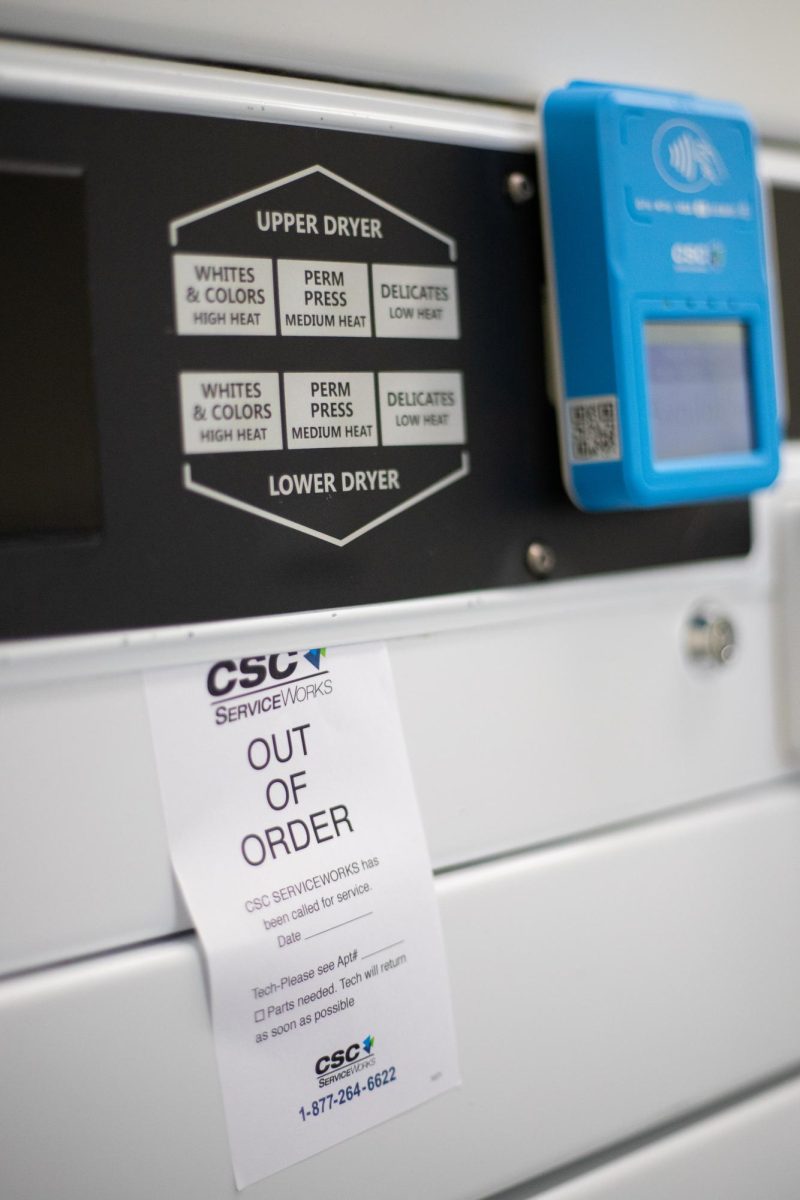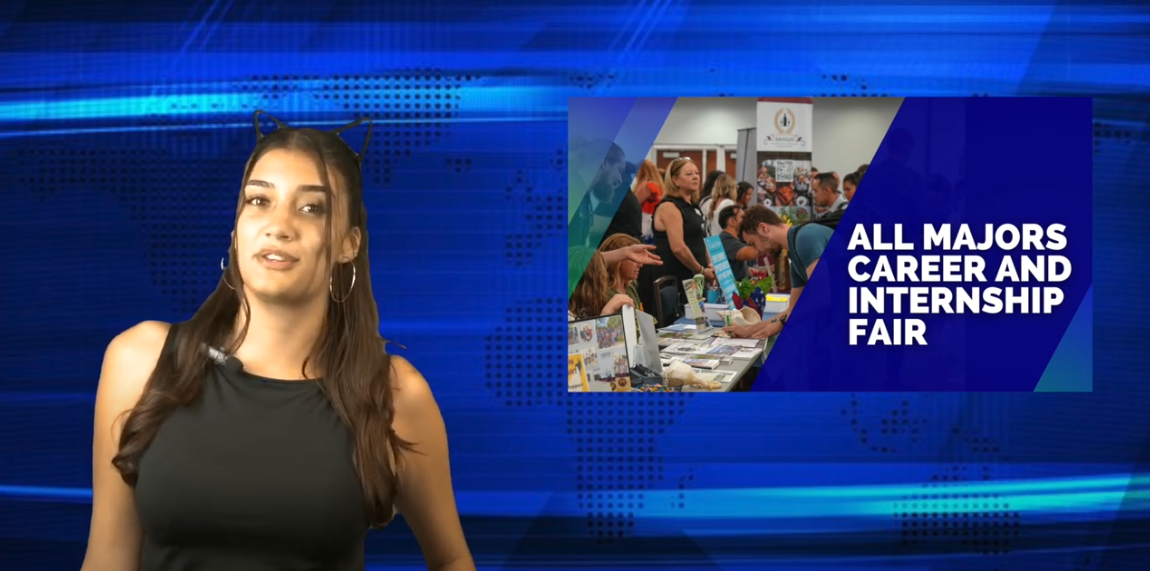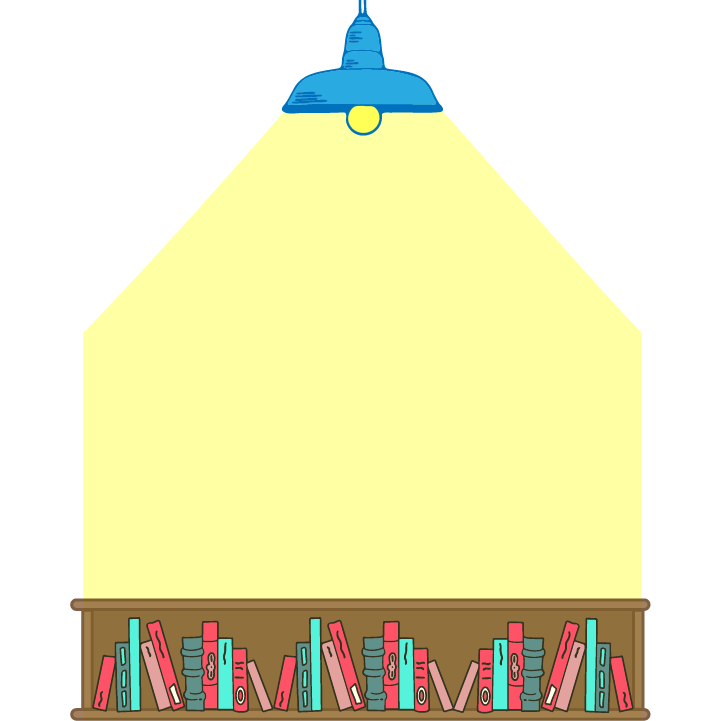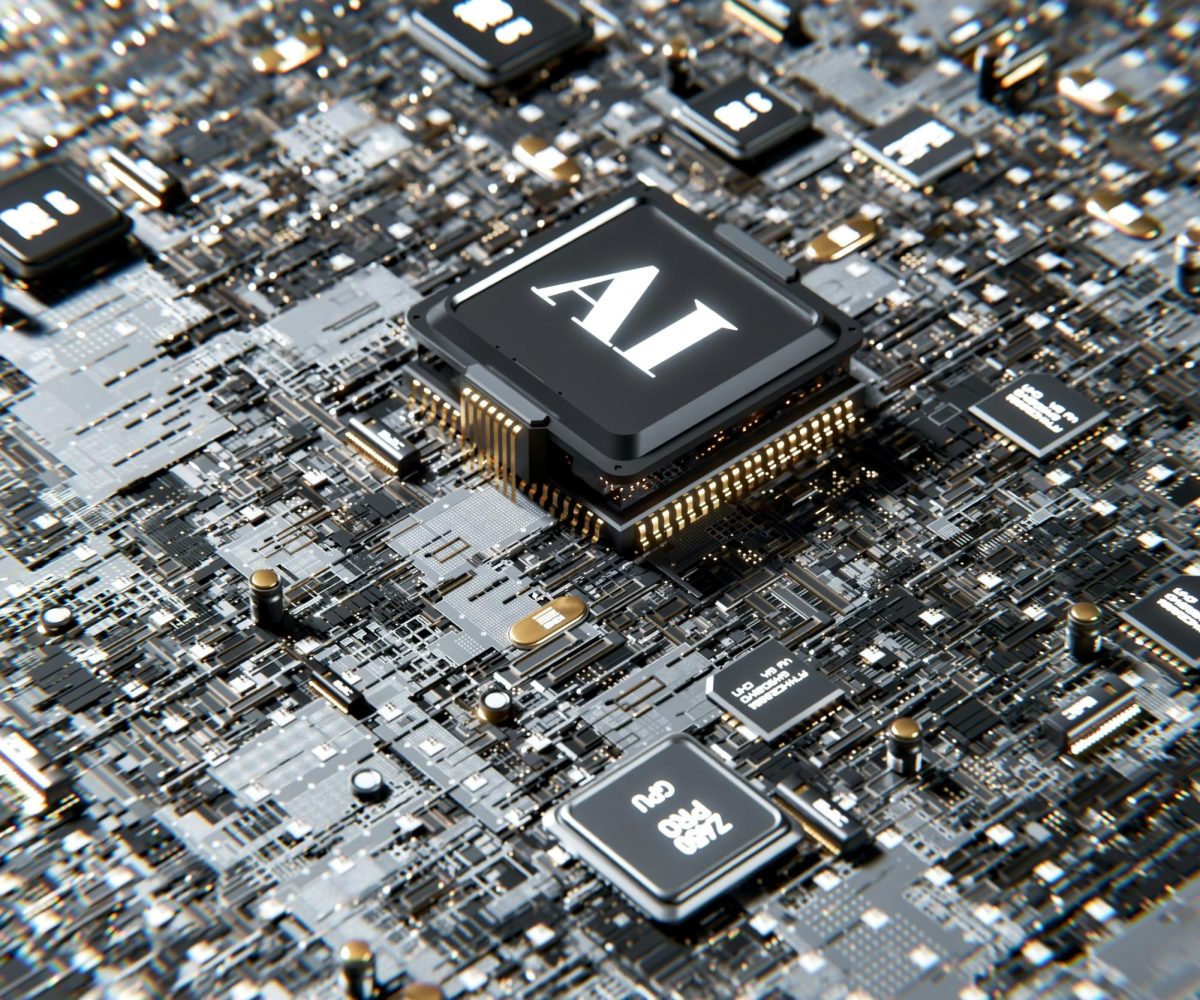Artificial Intelligence (AI) has rapidly evolved, transforming various aspects of our lives, from automation in industries to content generation in creative fields. Initially, AI tools like ChatGPT and Google AI were seen as aids to human productivity, particularly useful for brainstorming and clarifying ideas. However, with AI’s exponential growth in capability, we are now faced with the question of its ethics.
As AI advanced, its applications expanded far beyond basic brainstorming or research assistance. Today, AI can generate entire essays, create code and complete assignments, raising significant concerns about its role in education. Assignments, tests and papers that were designed to assess a student’s understanding and academic capabilities can now be outsourced to an AI with a few clicks. This has resulted in a fundamental shift in the perception of AI from a tool of enhancement to one of substitution for laziness.
As AI continues to improve, the distinction between ethical and unethical use grows more ambiguous. On one hand, AI has immense potential for enhancing productivity and learning; it can provide students with personalized tutoring, offer creative insights and streamline research. On the other hand, when AI crosses from assistance to performing entire tasks, it undermines the purpose of education — to foster critical thinking and independent problem-solving.
The consequences of unchecked AI usage in education are far-reaching. Over-reliance on AI to generate essays or complete assignments could lead to a generation of students who lack fundamental skills such as critical thinking, writing and problem-solving.
Furthermore, universities and employers might struggle to assess true academic merit if AI-generated work becomes indistinguishable from human effort. Thus, the usage of AI programs in academia may weaken the strength of skills within the job market and devalue professional degrees.
The rapid development of AI has placed it on a fine ethical line, particularly in the realm of education. While AI has the potential to revolutionize how we learn and think, its unregulated use threatens to compromise academic integrity and the value of postsecondary education.
As AI continues to advance, it is crucial to establish clear ethical boundaries and guidelines to ensure that it remains a tool for learning and not a replacement for human knowledge and creativity.

